“Little body little block heart beating ash grey only upright. Little body ash grey locked right heart beating face to endlessness. Little body little block genitals overrun arse a single block grey crack overrun. Figment dawn dispeller of figments and the other called dusk.” (The last paragraph from “Lessness” by Samuel Beckett.)
A room 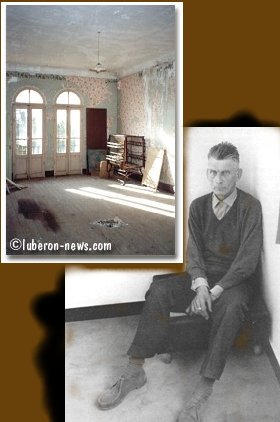 and Samuel Beckett
and Samuel Beckett
The photo above is a room preserved as is from Beckett’s residence in Roussillon.
Javier Marias used the photo of Samuel Beckett shown on the bottom right to describe him in his book “Written Lives”.
He wrote about Mayakovsky and his remarkable shoes before moving forward to his impression of Beckett’s photo.
“They (shoes) are the main object in the photo of Beckett too, except that their owner, seated almost on the floor and in a corner, seems slightly terrified of them. He is another hounded man, but at least he is not surprised by the hounding: he’s ready for it; he is holding a cigarette in his right and his left hand seems to be adorned, incongruously for someone so sober, with a bracelet rather than a wristwatch. His clothes are nothing out of the ordinary, although his cufflinks look like handcuffs. It it weren’t for those large shoes, the only thing that would matter, as in any portrait of Beckett, would be his head and those eagle eyes, which stare straight out with a truly animal expression, as if they did not understand the need for this moment of eternity, or why anyone should want to photograph it…..” ( page 191 – Perfect Artists, the last chapter from “Written Lives”)
Beckett was asked by a reporter how a small country like Ireland could have produced so many great writers since the last half of the nineteenth century.
“It’s the priests and the British, Beckett replied tersely. “They have buggered us into existence. After all, when you are in the last bloody ditch, there is nothing left but to sing.” (Page 282, A biography of Samuel Beckett by Deirdre Bair.)
Samuel Beckett was a close friend of Joan Mitchell and her husband Barney Rossett was Beckett’s publisher.
Beckett at 100 from Greencine daily with many good links including one on Barney Rossett.
Samuel Beckett was born 100 years ago on April 13, 1906.
His sun is in Aries and his moon is in Sagittarius, the same combo as Vincent Van Gogh and Thomas Jefferson with whom he shares a birthday.
The combination of your Sun and Moon sign produces independence of thought, action, and speech. This is a position of dynamic ideals and popular appeal. You believe in the truth with an almost absolute devotion. This belief is perhaps not in the truths of scientific investigation, but more likely in the proper philosophies of life and other large issue abstractions. The natural tendency for Aries to be the pioneer, the fighter, the doer, and the initiator new concepts and ideas is not greatly modified by this combination. Yet the Sagittarius Moon does impose a personal code of ethics and honor that may not always be present in the brash Aries native. In you, executive powers are strongly marked, taking the form of controlling others with ideas and principles. The proper path that should be followed is so clear to you that you are not one ever to mince words in plotting the course. Your intensely emotional approach to getting something accomplished can sometimes limit your awareness of the feeling of others and you can be tough on those around you. The human frailties of pettiness, emotionalism, and jealousy are not well understood by you, and do not relate well with your totally open and frank personality. (From here, scroll down to Sagittarius Moon section.)
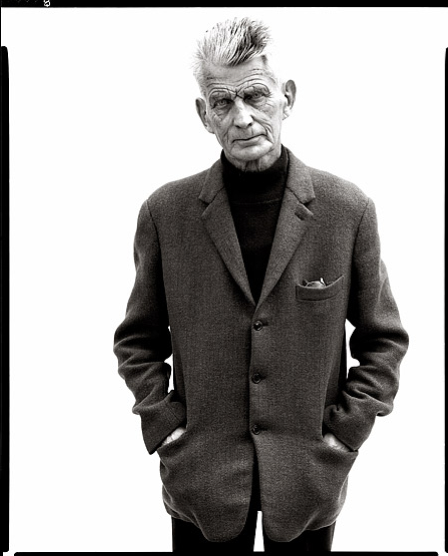
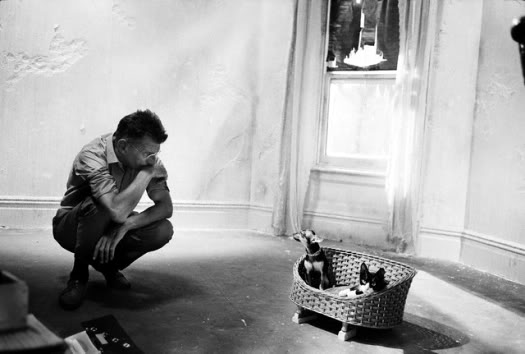

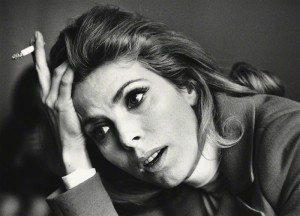

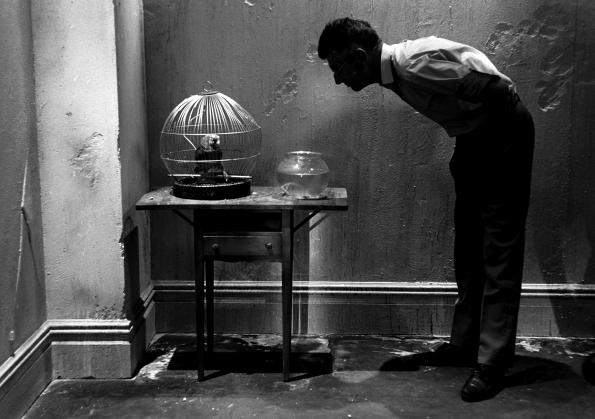
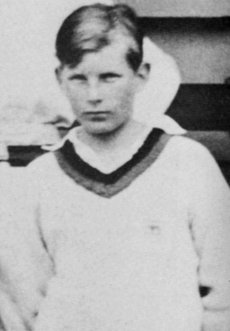

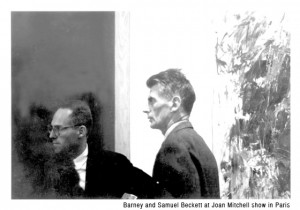

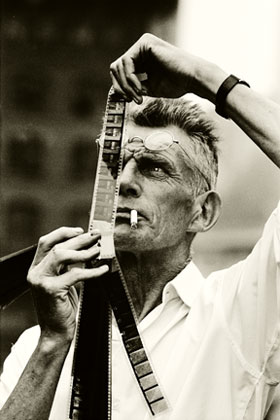

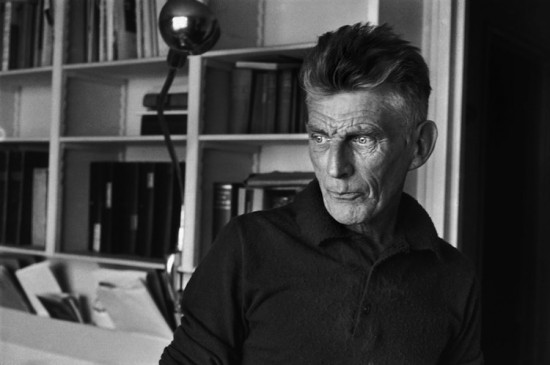
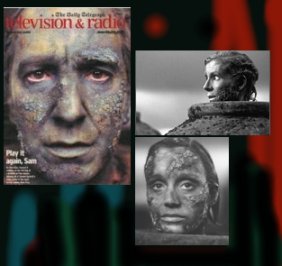 Samuel Beckett
Samuel Beckett and Samuel Beckett
and Samuel Beckett